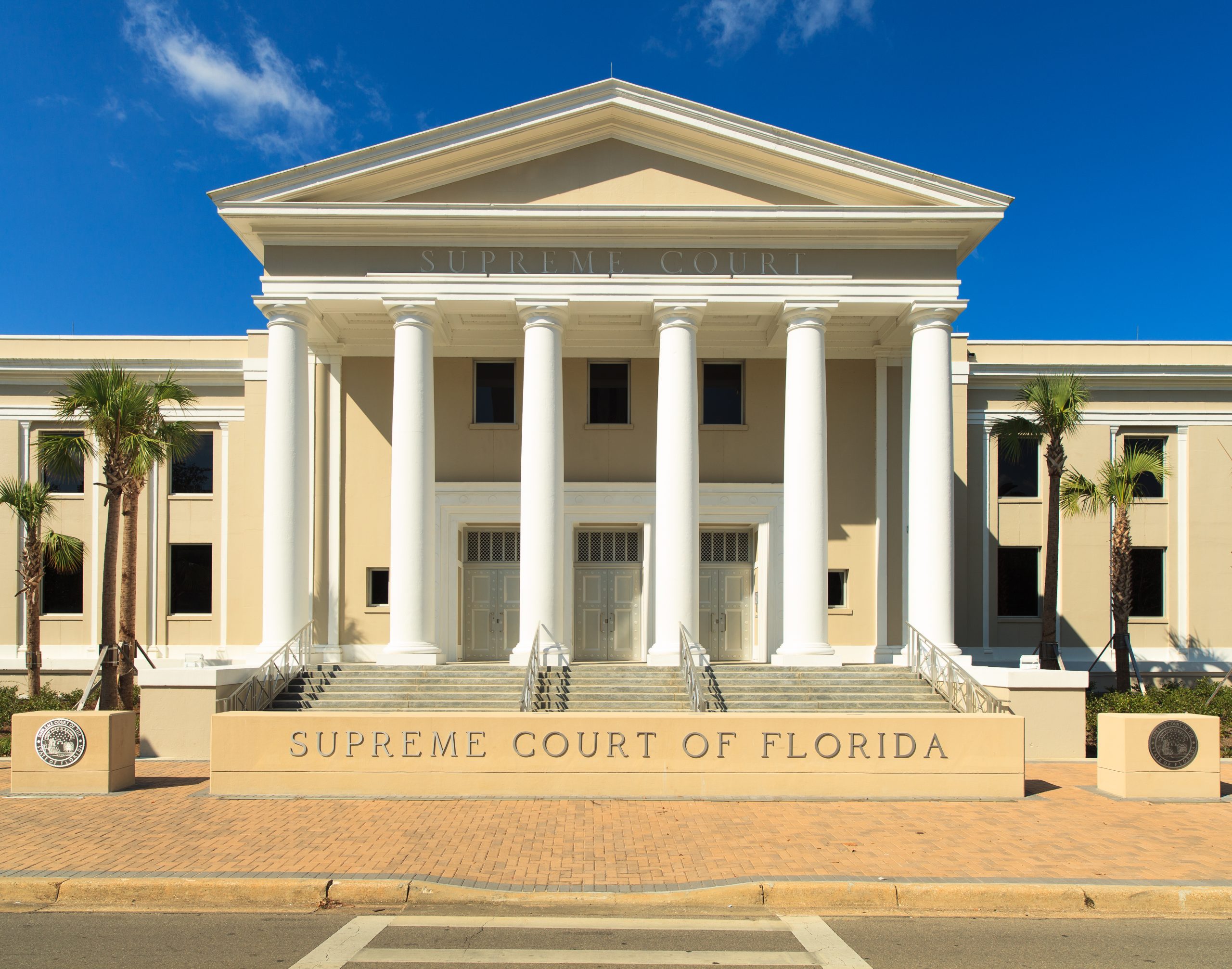“Judicial Referrals” to Receive Special Treatment
“Judicial Referrals” to Receive Special Treatment
Pending before the Florida Supreme Court is a new rule of discipline which will substantively and procedurally change the way complaints by judges (“judicial referrals”) against attorneys are handled. On May 3, 2021, The Florida Bar filed a petition with the Court to create a new rule 3-7.18. (See SC21-653) The proposed rule was approved by the Florida Bar Board of Governors (“board”) on a 40-1 vote and no public comments were submitted.
Every member of The Florida Bar should note the language of proposed rule 3-7.18. The proposed rule will provide deference for judicial referrals and layers of “second bites” not found anywhere else in the Rules Regulating The Florida Bar (“Rules”). In addition, the proposed rule is silent about whether respondent attorneys will be given an opportunity to respond to the review conducted by the board and the Court.
Proposed rule 3-7.18 first defines “disposition” of an inquiry or complaint from a judge. Significantly, “disposition” is “the termination of an inquiry or complaint before a finding of probable cause or the filing of a formal complaint where a probable cause finding is not required.” In other words, if a grievance committee reviews a judicial referral and determines (1) there is no probable cause, (2) a letter of advice should be issued, (3) diversion is appropriate, or (4) an admonishment for minor misconduct should be imposed, this will not stand.
Once a disposition occurs, proposed rule 3-7.18’s procedural barriers to a finding of no probable cause for a judicial referral will kick-in. First, under subsection (b), all deadlines for final disposition found elsewhere in the Rules “are suspended”. Next, the disciplinary review committee of the board “will review all dispositions of judicial referrals first and will recommend a disposition to the board.”
When the matter gets to the board they will either accept or reject the disciplinary review committee’s recommendation. If the recommendation is rejected, “the board may (1) refer the matter to a grievance committee for additional investigation or review; (2) find probable cause, and the case will proceed accordingly; or (3) recommend a different disposition to the Supreme Court of Florida.”
After the board has completed the process above the Supreme Court may then review the board’s action. The proposed rule gives the Court 30 days to review the board’s recommendation, but then provides that the 30 day period may be “tolled for an additional 30 days to allow the court to complete its review, which the court may extend for additional 30-day periods as the court deems necessary.”
Another significant provision in proposed rule 3-7.18 is what occurs if the Supreme Court rejects the board’s recommendation. In that case, the court’s action “will be deemed a finding of probable cause and direction to the bar to file a formal complaint.”
One question that is not addressed in the petition to create rule 3-7.18 is why judicial referrals should receive disparate treatment from other bar grievances. According to the bar’s data, in fiscal year 2019-2020 the bar opened 74 judicial referral cases out of a total of 3,557 cases. In fiscal year 2020-2021, this figure rose to 102 judicial referrals out of a total of 3,364 cases.
For over 35 years I have been involved in the bar’s disciplinary system, first as an assistant staff counsel for the bar and then as an attorney representing respondents before the bar. In my experience, complaints by judges against attorneys are handled expeditiously, fairly, and with appropriate due process. Still, the petition to create rule 3-7.18 has been pending before the Supreme Court for a little over 5 months. Look for it to be approved in the very near future.







